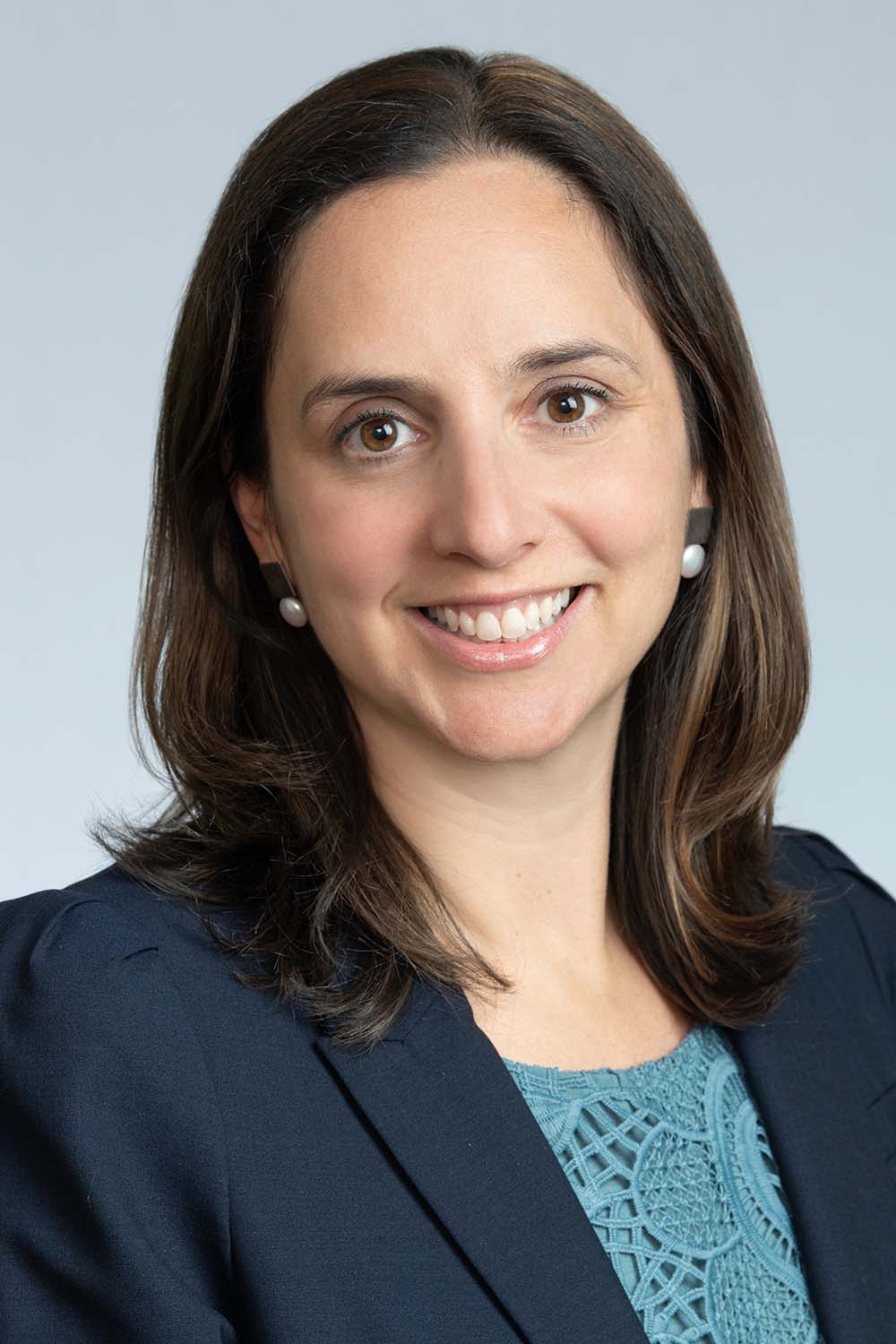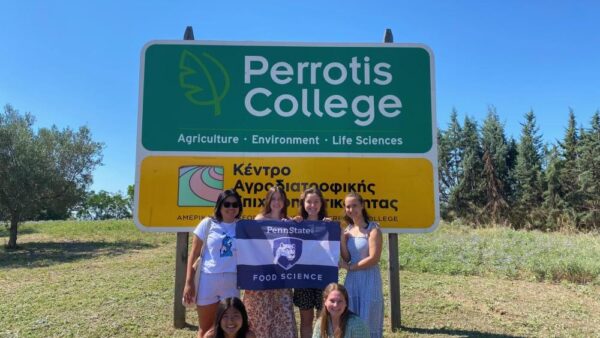On Tuesday morning, 10-year-old Amerie Jo Garza, a pupil at Robb Elementary College in Uvalde, Tex., posed for a photograph. Beaming with pleasure, the fourth grader stood in a classroom holding a brightly coloured certificates for the A & B Honor Roll. Hours later she was lifeless, killed with not less than 18 of her classmates and a pair of adults by a gunman who entered the varsity wielding two assault rifles.
“My little love is now flying excessive with the angels above,” Garza’s father mentioned in a press release. “Please don’t take a second with no consideration. Hug your loved ones. Inform them you like them.”
Many dad and mom did simply that as they dropped their very own kids off to high school Wednesday morning, giving an additional hug, a tighter squeeze. They and their children’ academics additionally questioned how you can speak concerning the horrific occasions, with out stoking concern, however figuring out that their city, their faculty, could possibly be subsequent.
In line with Sandy Hook Promise, a nonprofit based by households who misplaced family members within the 2012 Sandy Hook Elementary College capturing in Newtown, Conn., practically 300,000 college students in america have been on a college campus throughout a capturing since 1999. Previously decade, there have been virtually 1,000 faculty shootings in America.
Little one medical psychologist Jennifer Greif Inexperienced, a Boston College Wheelock Faculty of Schooling & Human Growth affiliate professor of particular training, is an knowledgeable on pupil psychological well being and serving to colleges navigate moments of anguish and struggling. She has studied post-traumatic stress dysfunction in kids following the 2013 Boston Marathon bombings, the affect of college violence on adolescent well-being, and kids’s stress and habits after a neighborhood trauma. In her newest mission, she’s helped develop free trainings for colleges and districts navigating the aftermath of a harrowing occasion.
The Brink spoke with Inexperienced about what helps will probably be wanted to assist academics and kids return to their school rooms in Uvalde and the way her analysis can information the remainder of us as we cope with this tragic occasion.
Q&A
With Jennifer Greif Inexperienced
The Brink: What ought to dad and mom be saying to their children after the capturing in Texas and what questions can they count on over the following few weeks?
Inexperienced: Plenty of us as dad and mom have been questioning if and how you can speak to our youngsters about it. I introduced it up with one among my kids. As I used to be dropping her off at college, she turned again round to me and mentioned, “Mommy, I’m simply actually scared to be right here. Are you certain I’m protected?” It’s simply heartbreaking. Some common tips are to provoke conversations about this occasion, as a result of typically our youngsters will hear about it at college or will catch phrase of it on the information. As dad and mom, if we will open up conversations with them, then it communicates to them that we’re prepared to have these tough conversations, and that we’re accessible to reply questions they’ve and to assist them as they’re processing what they’re listening to. Asking them what they’ve heard already is an efficient place to begin in the event that they’ve already heard about what occurred, in order that we as dad and mom aren’t sharing new data essentially, however are listening to the place they’re coming from, what they already perceive, and correcting any misperceptions that they’ve. And specializing in what we’re doing to maintain kids protected: it’s vital to speak to our youngsters that we consider they’re protected at college. It’s additionally vital to restrict information protection that kids see; the information is actually tough for me to look at as an grownup.

The Brink: How do you speak to these children who’re scared to go to high school, who’re anxious about what might occur?
The very first thing is to validate how they’re feeling, that this can be a actually scary occasion to listen to about—it is smart that they really feel scared to go to high school—and to thank them for sharing these emotions and people worries. We wish to be able the place kids really feel snug sharing these worries and considerations with us. After which as adults, we will discuss how we consider that the colleges we’re sending them to are doing all the pieces they’ll to maintain kids protected and are protected locations to be. We are able to specific that we belief that they are going to be protected once we drop them off at college, which is usually a laborious factor to do.
The Brink: How do the academics and educators in Uvalde even start coping with a trauma like this—how can they put together themselves and their kids to return to the classroom?
It sounds just like the district’s closing for the remainder of the yr, in order that they’re serious about how you can return to the classroom within the fall and how you can re-create a way of security for college kids and to rebuild their neighborhood. I’ve been doing work on a grant funded by SAMHSA, the Substance Abuse and Psychological Well being Companies Administration, on a mission referred to as Community for Enhancing Wellness in Catastrophe-Affected Youth, or NEW DAY—the principal investigator is Jonathan Comer at Florida Worldwide College—which is disseminating evidence-based trainings for clinicians and faculty workers who work with kids and adolescents following disasters and traumas resembling this one.
The Brink: What are among the instruments you’re giving to varsities and educators to assist them in these moments of trauma?
There are three trainings. The primary is known as Psychological First Assist and is supposed for use within the speedy aftermath of a catastrophe. The objectives are to assist cut back preliminary misery and to stabilize kids and households, and to attach them with sources. The second is known as Expertise for Psychological Restoration, and that’s meant for use within the weeks and months following a catastrophe—so sometimes three months or extra after a catastrophe—to assist with ongoing misery that many kids and their households expertise, and to assist to re-form a way of security and connection to neighborhood. The third is known as Little one-Grownup Relationship Enhancement. And that coaching is for any kids—however is especially helpful and useful for younger kids—to assist strengthen attachment and relationships between kids and oldsters and different caregivers to scale back behavioral considerations and misery following disasters.
We’re disseminating these trainings as broadly as attainable and for free of charge to any communities, colleges, or districts that need them. We’ve been doing the trainings and workshops each in individual and nearly. If persons are fascinated about any of these trainings for his or her neighborhood—whether or not or not it’s at a clinic or a college district—that’s a useful resource that we might like to share.
The Brink: It looks like the primary coaching might be the one which’s most related to the second that we’re in proper now. What does that contain?
The steps are targeted on speedy assist and stabilizing individuals proper after a catastrophe, so asking them what they want. Usually that includes connecting them with speedy sources—it’s not sometimes about processing deeper emotions, previous trauma, or different experiences they’ve had, nevertheless it’s about how you can handle in that second and to be related to sources and to individuals of their neighborhood that may be instantly useful to them. A few of the goals are to offer security and luxury for kids and households, to assemble data on their present wants and to make use of that data to supply sensible help.
The Brink: There have been 27 faculty shootings in america already this yr. Do you now should routinely put together your college students, future educators, for the prospect of coping with an atrocity of their colleges?
Sadly, we’ve been speaking to our instructor preparation college students about it for a very long time, as a result of this isn’t new and academics are involved concerning the security of their college students. Lecturers throughout the nation have to stroll again into school rooms this morning and be ready to have conversations with their college students about what occurred and to assist their college students. I converse with college students in my lessons about faculty security and about how to answer trauma when it happens, and how you can open up these conversations with their college students in methods which can be developmentally acceptable and supportive of their college students.
The Brink: Are there any sources you possibly can share with educators and caregivers who’re studying this and feeling overwhelmed by the issues that they’ve to speak to their college students about?
The Nationwide Affiliation of College Psychologists has some tips for how you can speak to kids about trauma and about faculty shootings. The opposite useful resource I prefer to share is the Nationwide Little one Traumatic Stress Community—they’ve numerous sources which can be translated into a number of languages that give steerage to academics, dad and mom, and different caregivers about how you can speak to kids about trauma.
The Brink: Is there the rest out of your analysis or expertise or every other sources you’ve drawn from prior to now that you simply’d prefer to share?
I simply wish to spotlight the necessity to concentrate to academics and faculty workers who’re strolling again right into a office the place as soon as once more they might not really feel protected and supported. For us as a neighborhood, and particularly as a neighborhood of educators, we should be serious about how you can assist our academics, and extra broadly, our faculty workers who’re strolling into colleges and are having these tough conversations with kids.
This interview was edited for readability and brevity.
